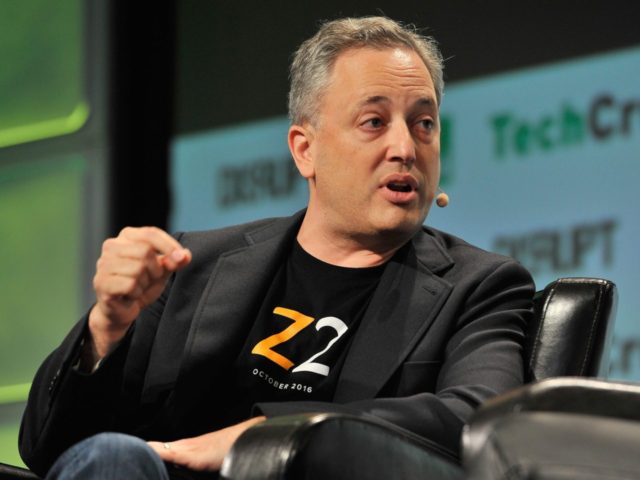Silicon Valley’s Zenefits has gone from one of 2015’s hottest venture capital-backed unicorns, with a $4.5 billion valuation, to a crashing, money-losing disaster.
Zenefits is a San Francisco firm that has been developing cloud-based software as a service (SaaS) to help companies manage their human resources and health insurance functions.
The company is a product of Silicon Valley’s Y Combinator, which has launched 13 companies that reached a “unicorn” private company valuation of at least $1 billion — including AirBnb, Dropbox, Stripe, Instacart, Docker, Twitch Interactive, Mixpanel, DoorDash, ZenPayroll, Reddit, Coinbase and Weebly. Zenefits achieved unicorn status in May 2015, when the asset-less company raised $500 million+ Series C funding at a whopping $4.5 billion valuation.
But then all hell broke loose as payroll provider ADP blocked Zenefits from accessing payroll information on behalf of Zenefits’ customers, because of “fear, uncertainty and doubt” about Zenefits’ data security. After Zenefits issued a number of derogatory statements, ADP filed a lawsuit in June 2015 accusing Zenefits of defamation. ADP dropped the defamation suit in October 2015, but the affair was a marketing disaster.
With great fanfare in November 2015, Zenefits announced the limited release of its cloud-based payroll product to manage the full array of corporate and public sector benefits.
Later that month, Will Alden of the BuzzFeed blog issued a report that more than a number of Zenefits employees were illegally operating as insurance brokers without the proper state licensing. In a continuing series of updates, Alden described how the company had developed software to circumvent the state certification fraudulently.
After Alden also documented that the company had a drinking-centric culture, similar to a fraternity, Zenefits Founder/CEO Parker Conrad resigned and was replaced by the then-COO David Sacks, who supposedly cleaned house to repair the company’s image.
The turmoil had seemed to settle down, but BuzzFeed reported that Zenefits was burning through its cash hoard and lost over $200 million in its fiscal year ending in January. Despite supposedly bringing stability and decorum to the company in 2016, BuzzFeed just reported that Zenefits is on track to record a similar loss for the fiscal year ending January 2017.
Silicon Valley unicorns normally lose money. Y Combinator’s top start-up Uber, recorded $2 billion loss on $1.4 billion in revenue for the fiscal year ending September 2015, according to the Financial Times. The ridesharing company lost another $1.2 billion in the first half of 2016, according to Bloomberg.
Zenefits is able to brag that revenue for the first half of fiscal 2017 jumped by 62 percent to 35.3 million, but the company had $133.5 million in expenses and suffered a net loss of $100 million net loss for the period. Management can tout that costs only rose by 12 percent, but their cash appears to be quickly disappearing.
Over the weekend, David Sacks announced that he was stepping down as CEO and may be positioning himself to take a formal or informal role in President-elect Donald Trump’s administration, according to a BuzzFeed source that wants to remain confidential.
Sacks is close to tech investor Peter Thiel, who sits on Zenefits’ board and is a member of the Trump transition team. Sacks and Thiel met as students at Stanford University and were both start-up executives at PayPal.
Sacks and Thiel co-wrote the Diversity Myth in 1999, which attacked “multiculturalism” on college campuses. They blamed politically-correct “multiculturalism” for destroying academic freedom and undermining higher education in the United States.
The authors slammed academic and cultural institutions for gagging dissent and stifling campus intellectual life. They warned that speech codes were causing “dumbed-down” admissions standards and curricula, campus witch hunts, and anti-Western zealotry masquerading legitimate scholarly inquiry.
Sacks issued a Twitter storm to paint an upbeat picture of how Zenefits has improved since he took over as CEO in the February crisis. Sacks will stay on the board as Chairman.

COMMENTS
Please let us know if you're having issues with commenting.